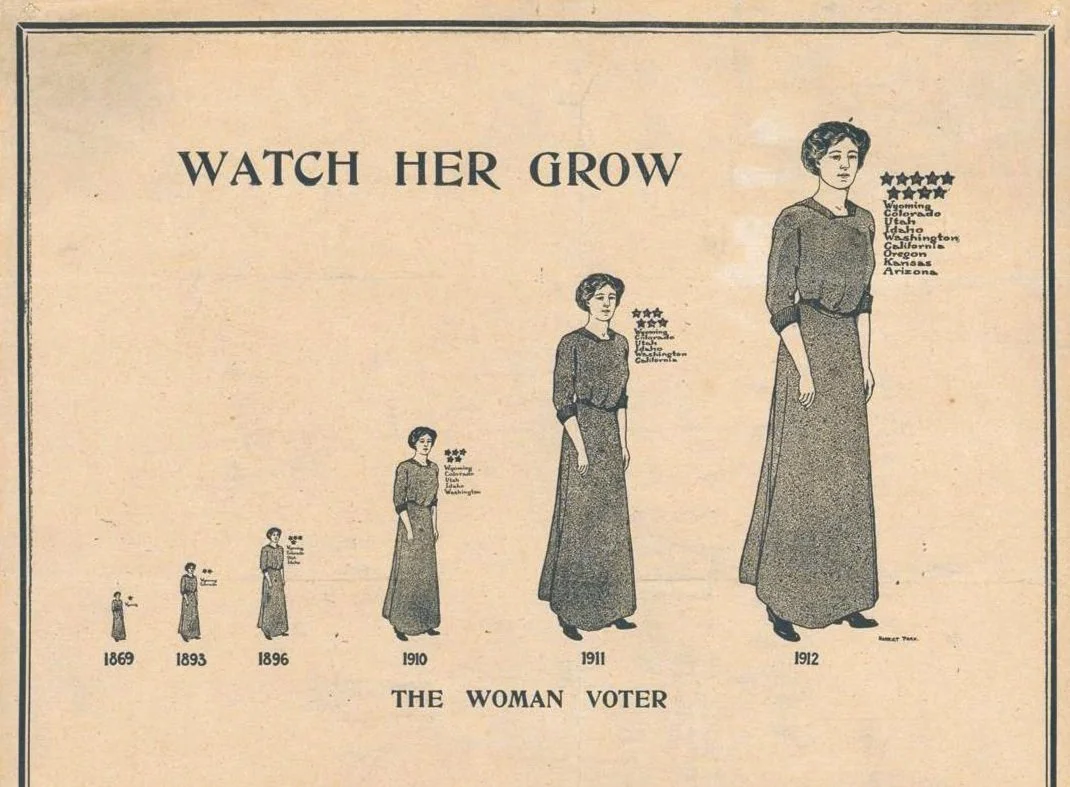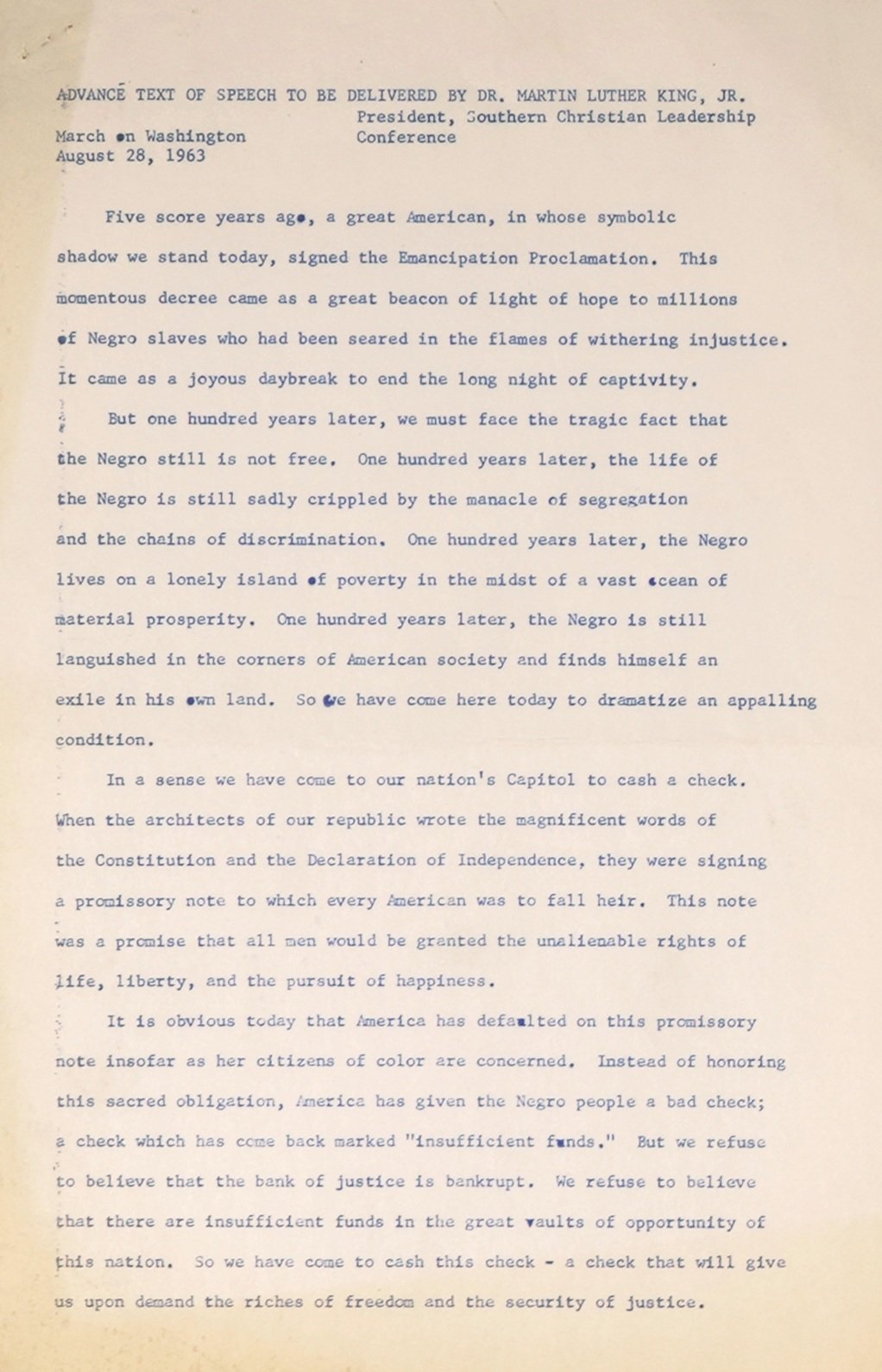
The Declaration of Independence
When the greatest break up note in history proclaimed that all men are created equal, the signers knew those words described an aspiration, not a reality. Still, they put their lives on the line to support novel ideas about human rights and the true purpose of government.

The United States Constitution – a Declaration of Interdependence
After winning independence, Americans realized that thirteen independent states could not stand on their own. The focus went from a Declaration to a Constitution, and from independence to interdependence.
Upon ratification, the United States of America was launched in New York City in 1789. Consisting of states with different economic systems and currencies, and citizens of vastly diverse cultural, religious, ethnic, educational and class backgrounds, its success could not be taken for granted.

The Bill of Rights Penultimate Draft
The Senate had reduced the seventeen amendments passed by the House to twelve by combining several and rejecting at least one. Both houses finalized the twelve proposed amendments by joint resolution two days later.

George Washington’s Vision of Inclusiveness on Religious Freedom, Natural Rights, and Security: “to bigotry no sanction, to persecution no assistance”
Even Washington, among the most progressive of the Founders, was shaped by the prejudices of his day. He profited from slavery, and could not imagine women as equals. Today, all too aware of our Founders’ failures and hypocrisy, why should we still value slaveowners’ proclamations of liberty? Because their words presciently envision a nation based on an expansive view of universal natural rights.

Washington’s First Presidential Thanksgiving Proclamation
On the day Congress approved the proposed Bill of Rights, just before the closing of the first session of the first Federal Congress–arguably the most productive legislative body in the history of the world–they requested the president issue a Thanksgiving Proclamation.

Jefferson’s Wall of Separation Between Church and State

Frederick Douglass on Liberty

Seneca Falls Declaration of Sentiments, 1848

President-Elect Abraham Lincoln at Independence Hall, 1861
Lincoln was aware of an assassination threat during his trip to Washington DC to assume the burdens of the Presidency.

The Emancipation Proclamation
A key facet of Lincoln’s genius was his ability to inspire as broadly as possible but act as narrowly as necessary—threading needle after needle before anyone could begin to see a tapestry. By excluding border states (that had not seceded) and areas back under Union military control, he relied on the doctrine of military necessity to help the Proclamation survive Supreme Court challenges.

“Watch Her Grow”
When we think about the United States today, we don’t imagine a nation under the Constitution of 1787. Our Constitution includes the Bill of Rights, the Amendments Abolishing Slavery, declaring Equal Protection under the law, giving Voting Rights to black men, and finally the 19th Amendment granting Women’s Suffrage.

Jesse Owens’ 1936 Olympic Gold Medal
As Hitler weaponized hate based on race, religion, and sexual orientation, a German official (supported by the racist head of America’s Olympic committee) chillingly referred to black athletes as “non-humans,” arguing that they shouldn’t be allowed to compete. The Nazi regime spent years planning to use Berlin’s “Hitler Olympics” to showcase his so-called “Aryan Race.” Thanks to Owens record four gold medals, what the world saw was “the master athlete humiliating the master race.”

Franklin D. Roosevelt’s 1941 State of Union—the “Four Freedoms”

Franklin D. Roosevelt’s Fireside Chat Warning that America Could Not Wall Itself Off From War in Europe

“The Contribution of the Negro to Democracy in America”

Martin Luther King, Jr.: March on Washington for Jobs and Freedom Speech Referring to the Promise of the Declaration and Constitution
Officially, Dr. King had a 5-minute slot for his speech, however, privately, Rustin and Randolph agreed that King could go longer. Watching different films of the speech, we can see that Dr. King was “on script,” frequently glancing down to the advance text until he arrived at the last paragraph. Just then, whether he consciously heard it or not, Mahalia Jackson called out, “Tell them about the dream, Martin.” At that moment, hardly pausing, he looked up and launched into “I Have a Dream.” He didn’t look down again until nearly ten minutes later, when he returned to the advanced text to finish delivering what became one of the most consequential and famous speeches in American history.
